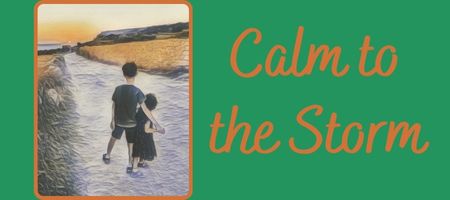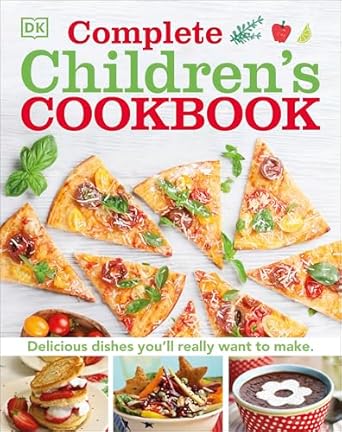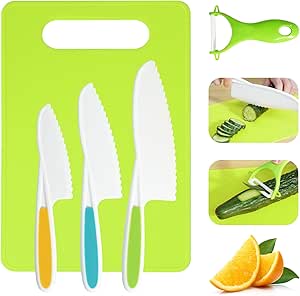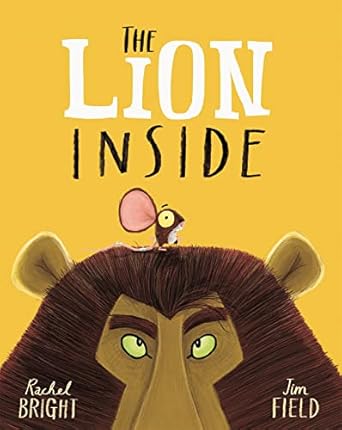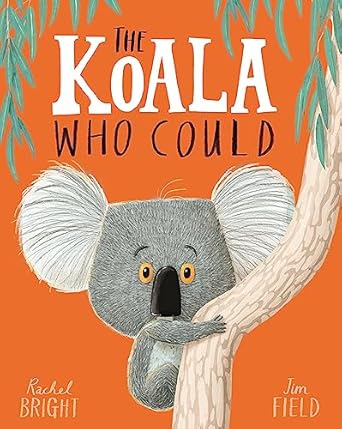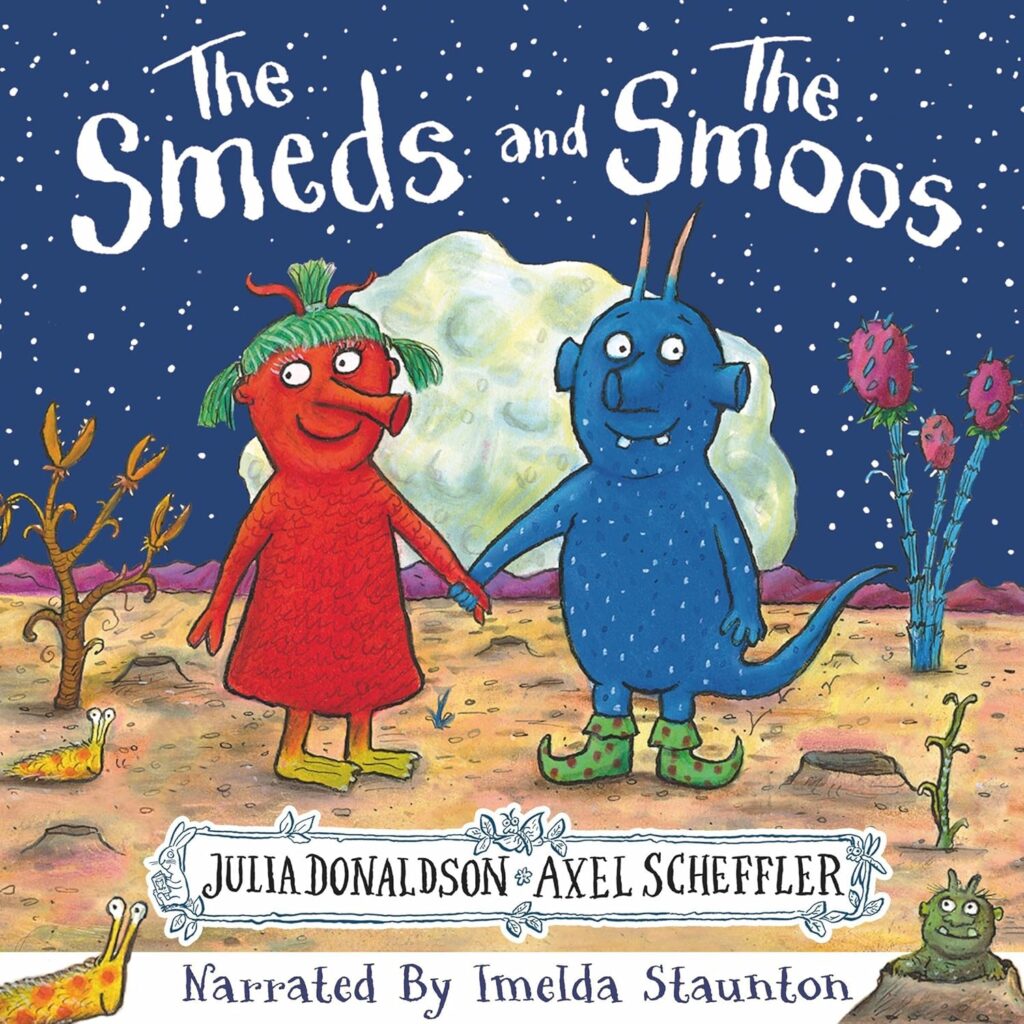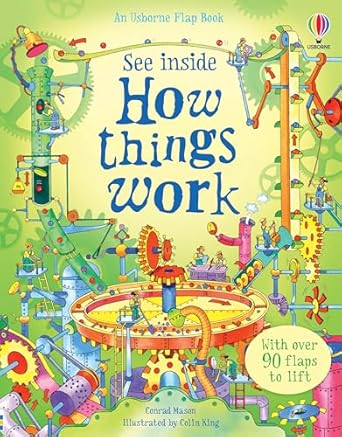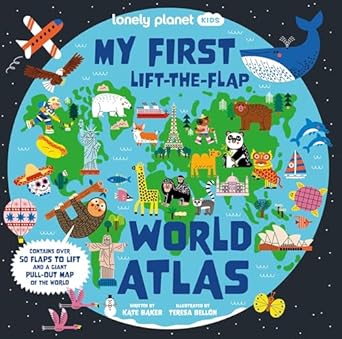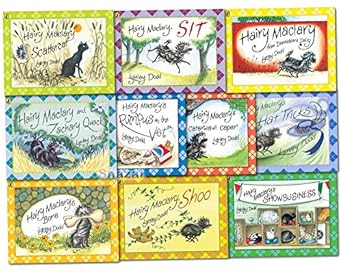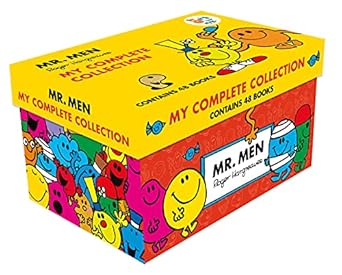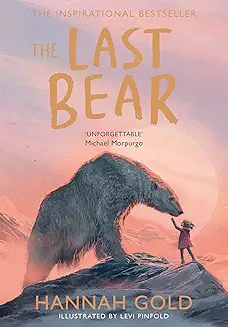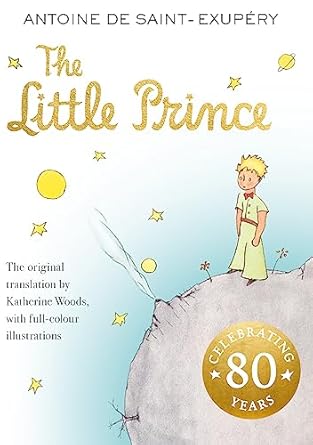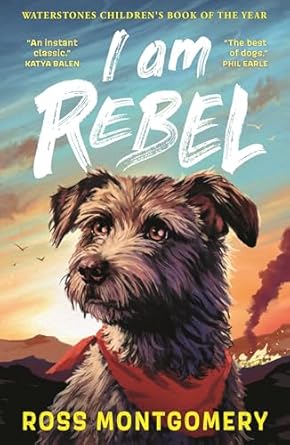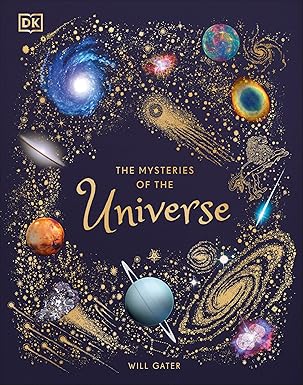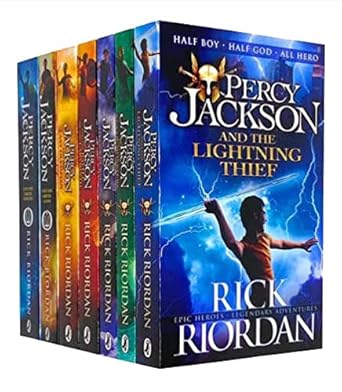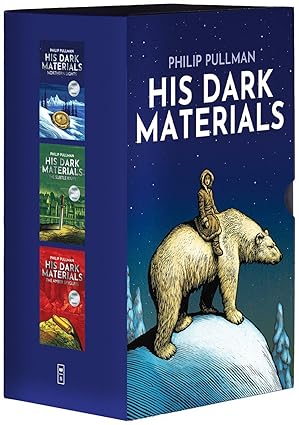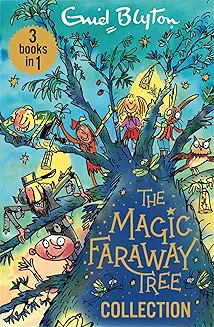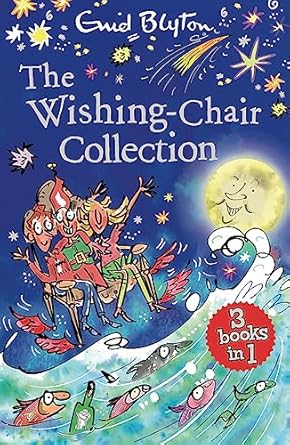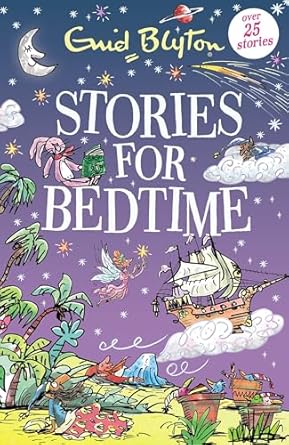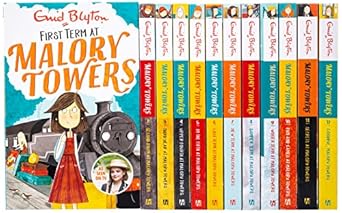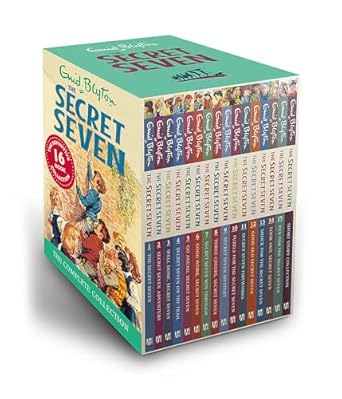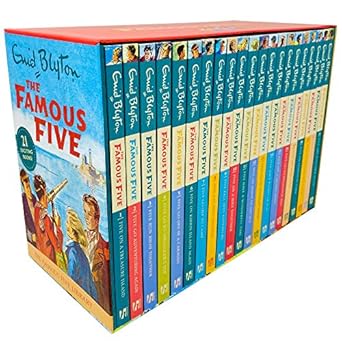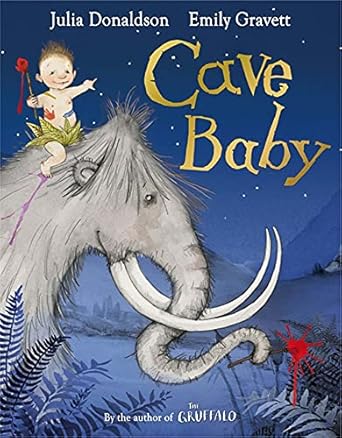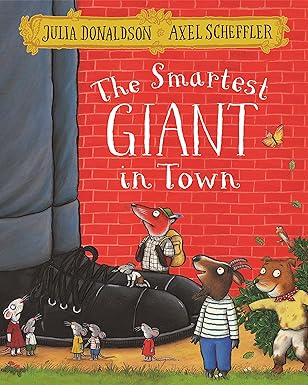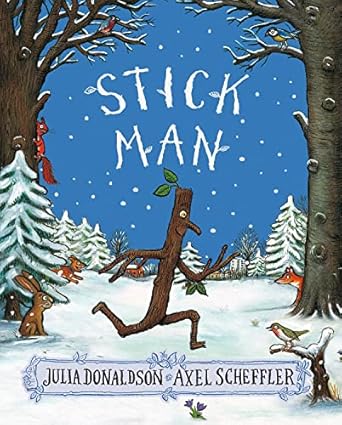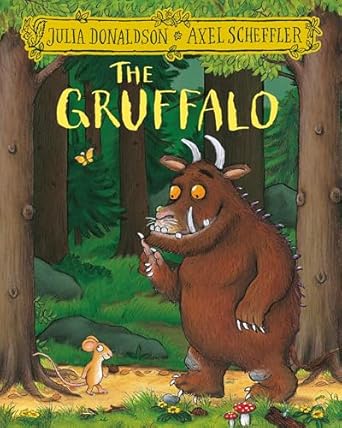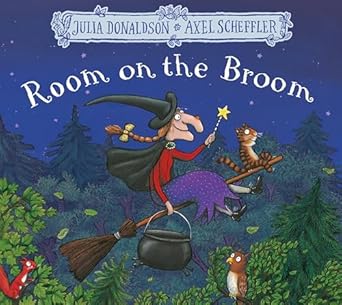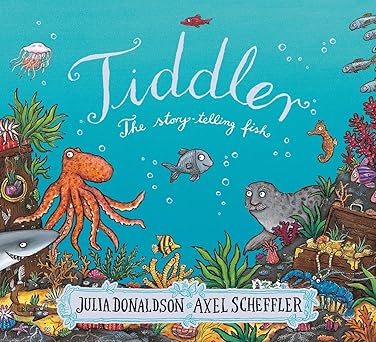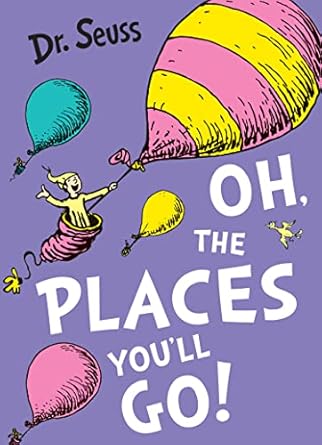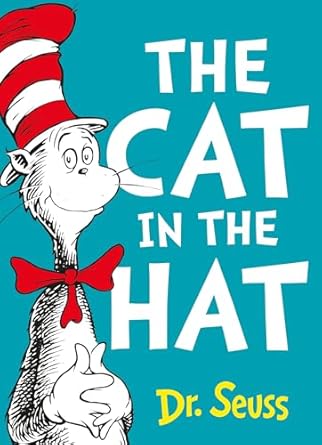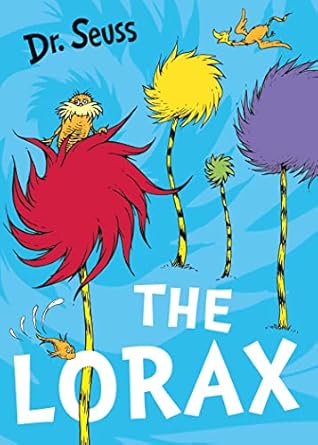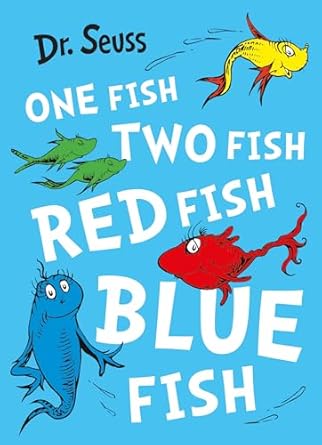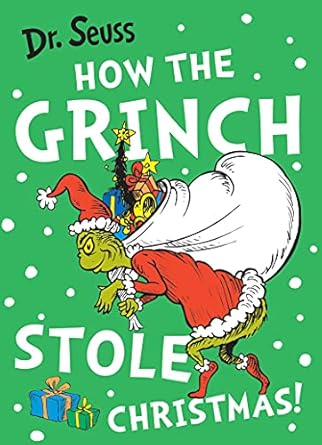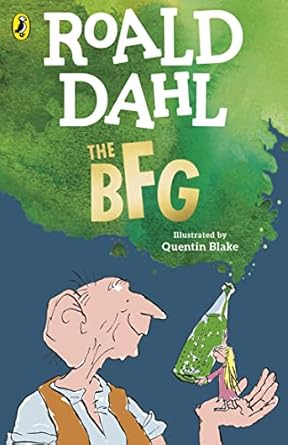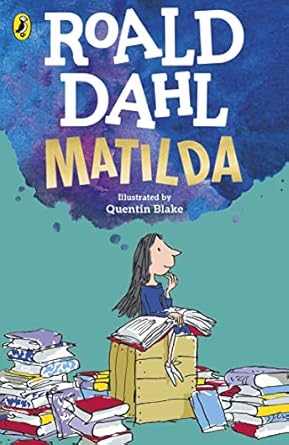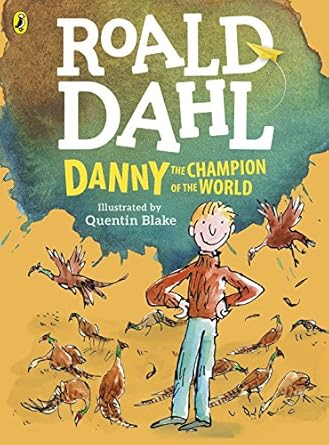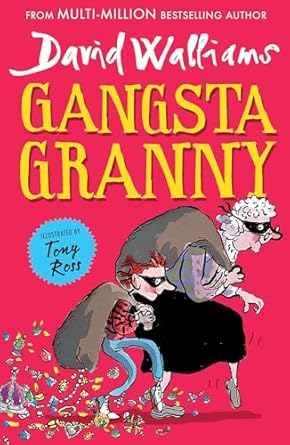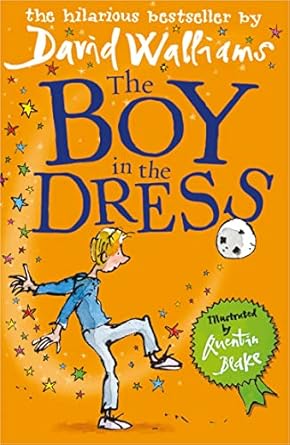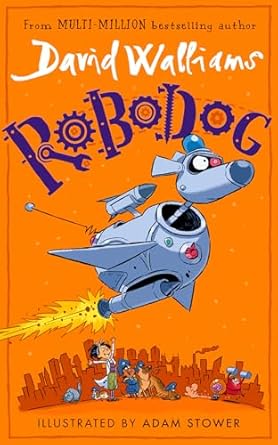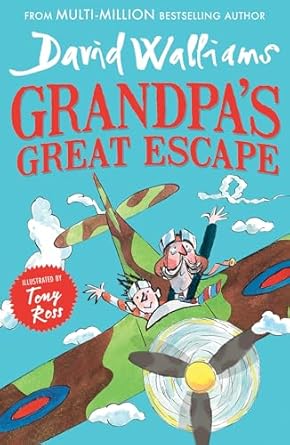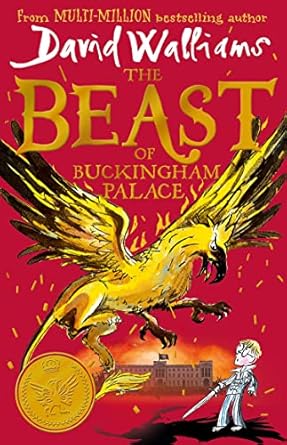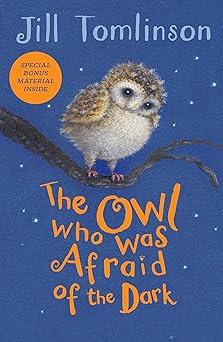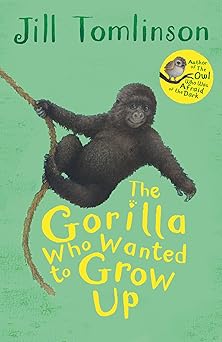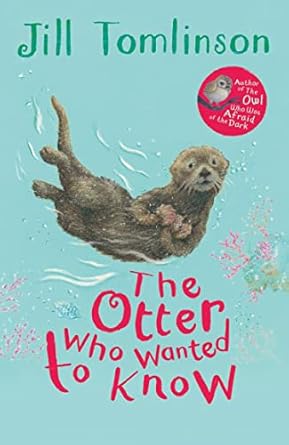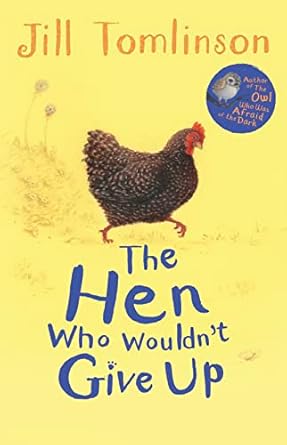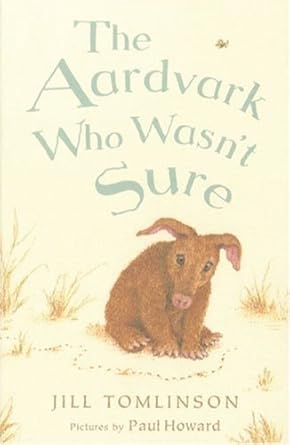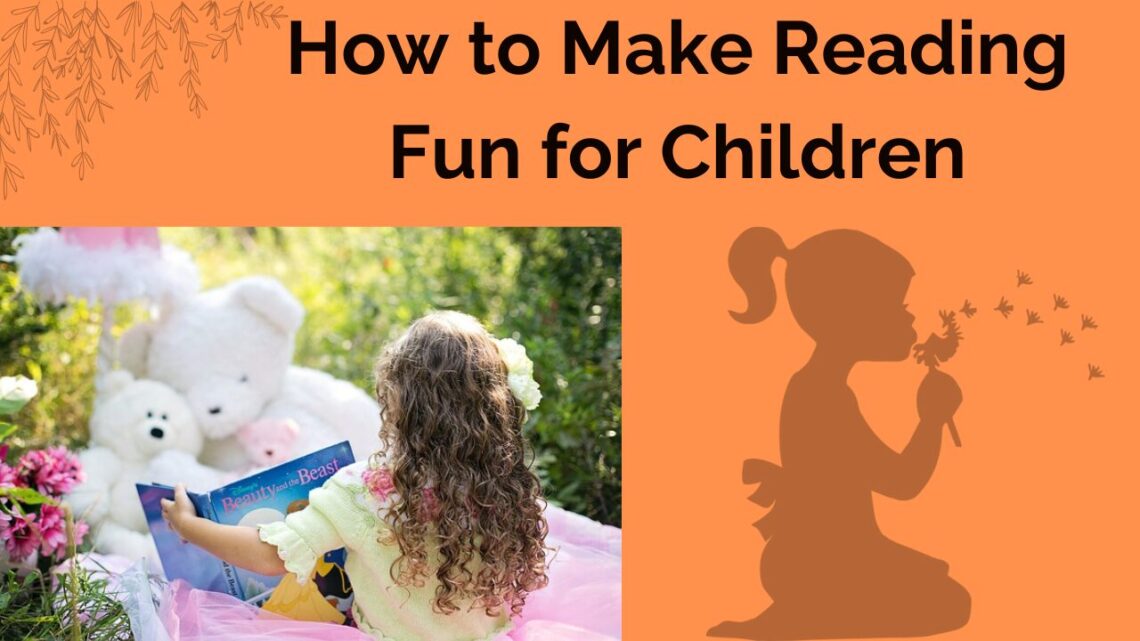
How to Make Reading Fun for Children
If reading has become a chore for your little one, you may be wondering how to bring the fun back. Reading should be a joy. A good book can open your child’s eyes to so much wonder. It can take them to depths of the ocean, or outer space.
However, as children struggle with the mechanics of language and grammar, it is easy to see how the magic gets lost.
Benefits of reading
If you are an avid reader, you will know the fun of reading, but can it be more than just fun?
Many studies show that reading can benefit children in a myriad of ways. Reading can increase a child’s vocabulary. (Everhart et al., 2002) Linguistic development can help a child to make sense of the world around them and their own experiences. (Avashni, 2021)
When your child reads a story, they often experience the events through the eyes of the characters involved. This can help them increase empathy, which is a vital social skill for later life. (Bal and Veltkamp, 2013)
How to make reading fun
Visit the library
Many libraries run free activities. However, just choosing books is fun. You could stop at the shop on the way home for reading snacks as an extra treat.
Learn by reading instructions
Let your child learn a skill from written instructions. Following a recipe or ‘how-to’ guide can be fun and empowering for your child
Many activities need supervision, but let your child take the lead. Teaching themselves will help build their confidence.
Here are some fun recipes to try.
Sharing emails
You can set up an email account for your child, using your adult account to manage it. Writing emails can encourage relationships between your child and the adults around them. For younger children, let them read the emails and dictate the reply. If you have an older child, they could type the replies, also.
Once your child has learnt how to work their email account, the fun of seeing a new email pop up will be immeasurable.
Make a reading area
Everyday activities are transformed with a change of location. Reading at a desk might be boring. Reading in a blanket den is fun.
How to create a good reading space
Your reading area can be as unique as your family.
Firstly, find a space. If you have a smaller home, then you may need to get creative.
Next, you can choose how to store books in the reading space. Perhaps create a shelf by turning a sturdy box sideways, or find an old magazine rack at a charity shop. I recommend only putting a few books out. Too many books can make choosing more difficult. If you want to add variety, you can change the book selection weekly.
Finally, make it comfortable, and fun. Cushions, and blankets are a great start.
Fun books that your child will love reading
Everyone has a different opinion on what the best children’s books are. This changes, of course, with time, and all the other different factors which make tastes unique. There is no definitive list of the greatest children’s books, however, there are lots of great books to discover.
Some children enjoy fact books, others enjoy stories. If you know other families that love reading, perhaps arrange a book swap to discover some new favourites.
Here are some great children’s books.
For other book ideas, check out some recommendations below.
Books for under 7-year-olds
Books for over 7-year olds
Enid Blyton Books
Julia Donaldson Books
Dr. Seuss Books
Roald Dahl Books
David Walliams Books
Jill Tomlinson Books
A final note
Whatever you end up reading, have fun. I would love to hear how you choose to make memories reading with your child.
I wish you all the peace,
Hannah Louise
References
Bal, P. Matthijs, and Martijn Veltkamp. “How Does Fiction Reading Influence Empathy? An Experimental Investigation on the Role of Emotional Transportation.” PLoS ONE, vol. 8, no. 1, 30 Jan. 2013, journals.plos.org/plosone/article?id=10.1371/journal.pone.0055341, https://doi.org/10.1371/journal.pone.0055341.
Department for Education. Research Evidence on Reading for Pleasure Education Standards Research Team. May 2012.
Avashni. “Language Development | Knights Preparatory School.” Knights Preparatory School, 13 Oct. 2021, knightsschools.com/the-importance-of-language-development/.
Everhart, Nancy, et al. “Long-Term Tracking of Student Participants’ Reading Achievement in Reading Motivation Programs.” Knowledge Quest, vol. 30, no. 5, 2002, pp. 43–46, eric.ed.gov/?id=EJ652527.
International Reading Association. Leisure Reading a JOINT POSITION STATEMENT of the INTERNATIONAL READING ASSOCIATION, the CANADIAN CHILDREN’S BOOK CENTRE, and the NATIONAL COUNCIL of TEACHERS of ENGLISH. 2014.
Amazon associates disclaimer
As an Amazon associate, I may earn commission on any Amazon orders that you place following the links included in the article.


